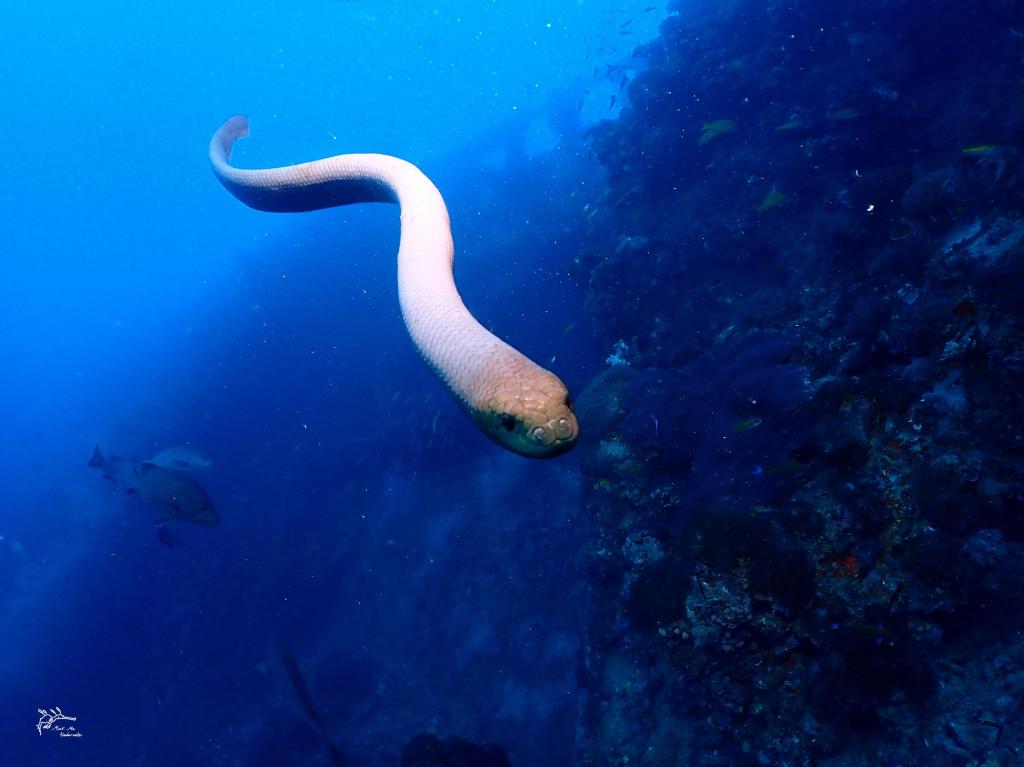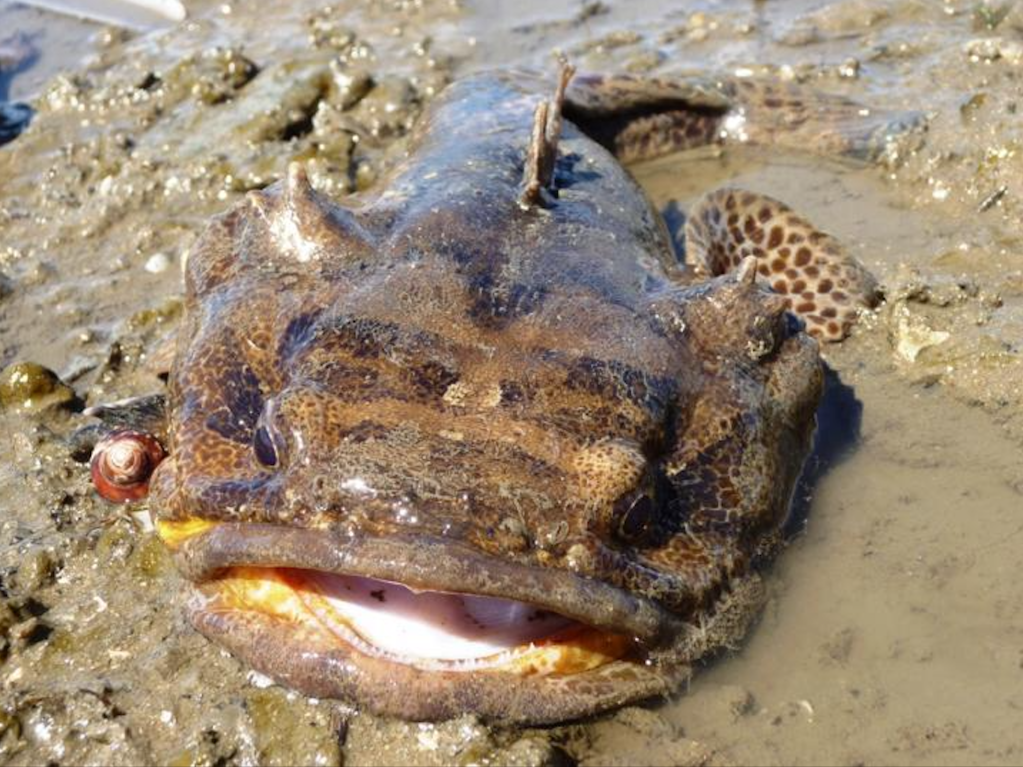In the arid, unforgiving climes of Western Australia’s Pilbara region, the kaluta’s greatest enemy is its own insatiable sex drive. This tiny, meat-eating marsupial thrives against all odds in the harsh conditions of the outback—foraging through the sandy soil, sniffing out prey among hillocks of spinifex—right up until the annual mating period, in September, when the males of the species literally fuck themselves to death.
New research by Dr Genevieve Hayes, who studied kalutas’ mating behaviour as part of her PhD at the University of Western Australia, confirms that males perish after a single, intense mating session, the ABC reports. This synchronised death, which typically takes place during the annual two-week breeding period, is known as a male die-off.
Videos by VICE
“Previous research in the laboratory had shown that kalutas probably had this mating system and so we wanted to confirm it in the wild, and that’s what we did,” said Dr Hayes. “All of the males in a population will die shortly after their first breeding season but before the females give birth. It’s an interesting mating system that sort of evolved through sperm competition.”
Dr Hayes further noted that the post-sex male die-off is “really driven by the females,” who mate frequently with a number of males during the breeding period.
“The females escalate this sperm competition, which has intensified the competition between the males, which means they have to increase their investment in their reproduction and that eventually leads to the decreased survival amongst them,” she said. “The males have to mate a lot and have good quality sperm to outcompete rival males. This intense investment in reproduction, evidenced by their large testes, appears to be fatal for males.”
That said, it doesn’t appear that the females come out of the vigorous mating sessions completely unscathed either. “It’s quite an intense reproductive event for the females as well as the males, so it takes a lot out of them and that’s quite costly and that can lead to their decreased survival [as well],” Dr Hayes said.
Despite the risk of rooting their way to an early grave though, kalutas appear to be doing well as a population in the wild. “[That’s] interesting in itself because a lot of the mammal species in the Pilbara are declining,” Dr Hayes said.
Live fast, die young, and go out with a bang.




